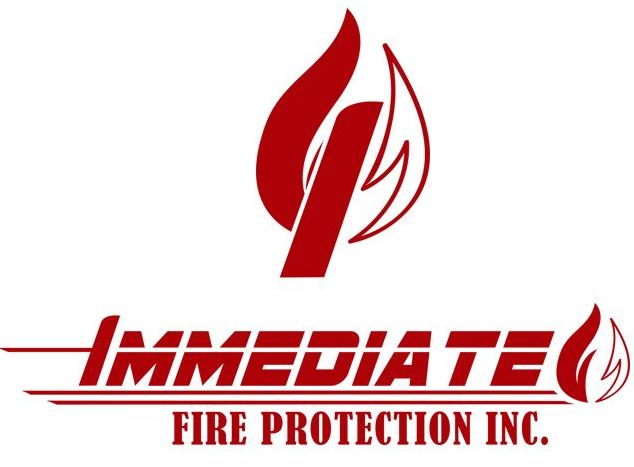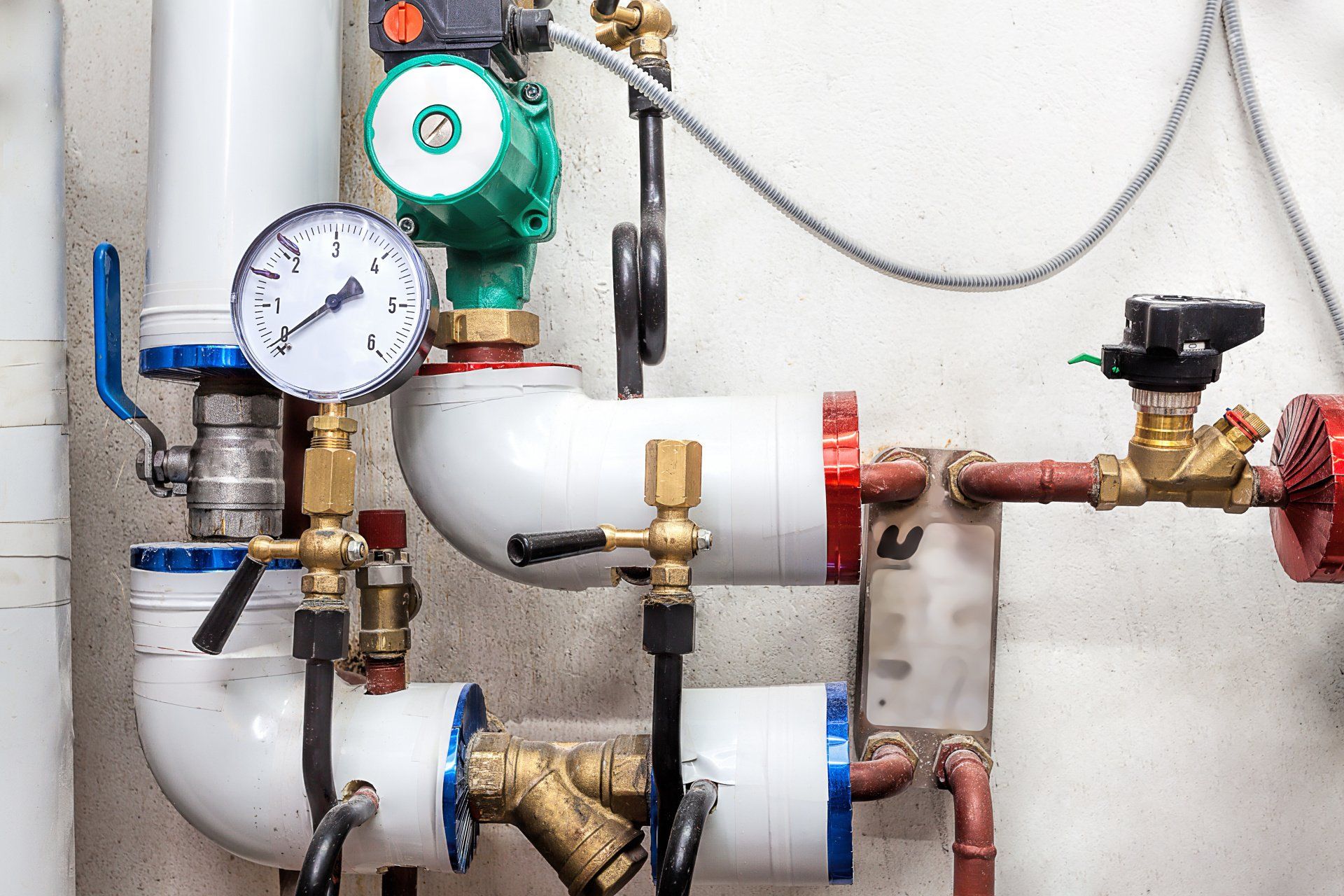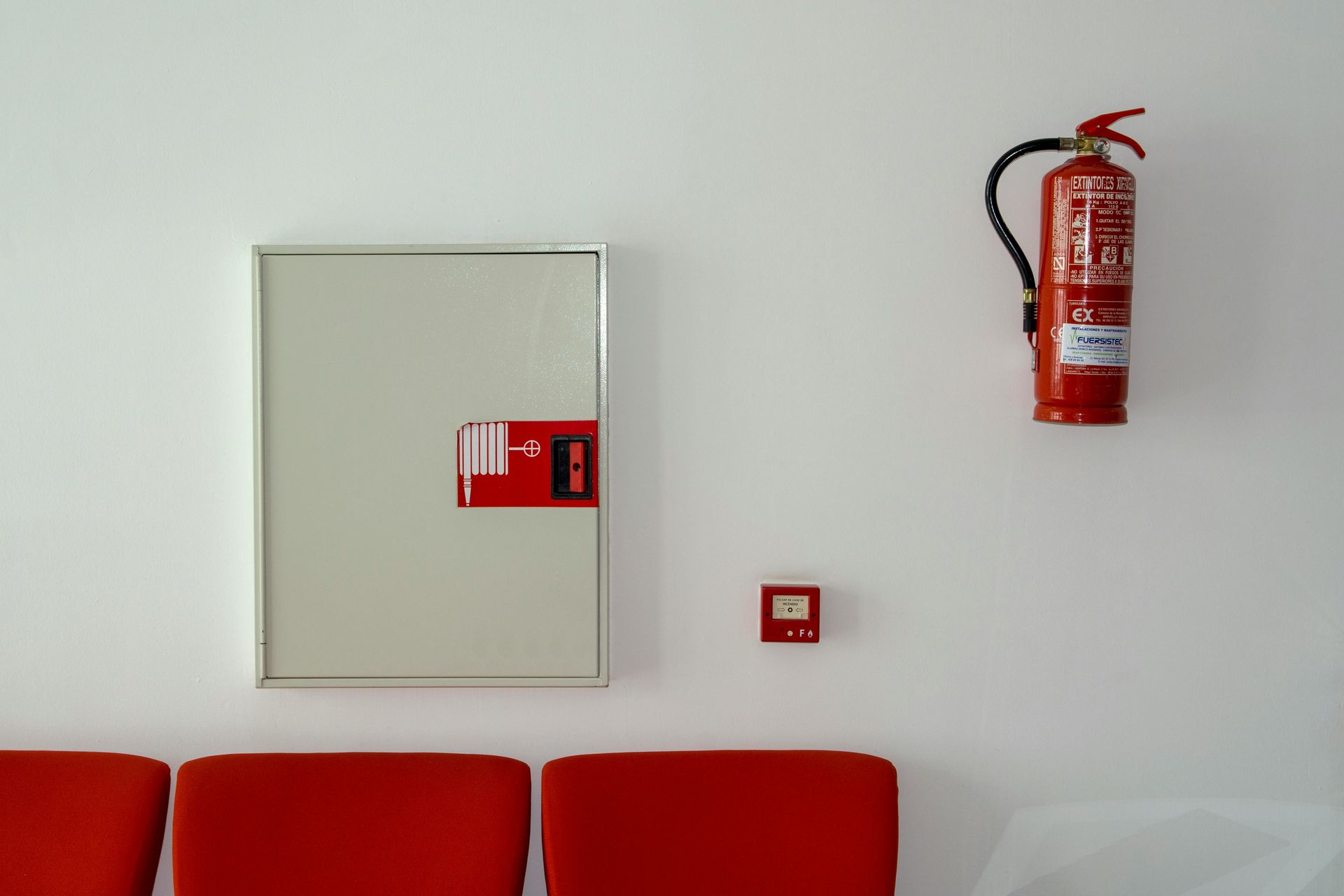Regulation 4 Testing for Los Angeles: What To Know
Ensuring your building is safe is crucial. In Los Angeles, Regulation 4 testing is key for fire protection.
It involves checking systems such as alarms, sprinklers, and extinguishers. Regular testing helps prevent potential fire hazards.
As a building owner, it's your responsibility to stay compliant. Our guide will walk you through what you need to know.
We'll keep it simple and straightforward, aimed to help you protect your property and those inside. Understanding
fire protection in Los Angeles has never been easier. Let's get started!
Overview of Regulation 4 Testing in Los Angeles
What is Regulation 4 Testing?
Regulation 4 testing in Los Angeles is a mandatory safety check designed to ensure that all fire protection systems in your building are functioning properly. This includes:
- Fire Alarms: Ensure they are operational and can alert occupants in case of a fire.
- Sprinklers: Verify that the sprinkler systems are in good working order and ready to activate.
- Fire Extinguishers: Check that all fire extinguishers are accessible and fully charged.
These systems are crucial for minimizing fire risks and ensuring the safety of the people in the building.
Why is Regulation 4 Testing Important?
Regular Regulation 4 testing in Los Angeles not only helps in complying with local laws but also enhances building safety. Key benefits include:
- Early Detection of Issues: Identifying potential issues before they become serious problems.
- Compliance with Laws: Staying compliant with Los Angeles fire safety regulations.
- Peace of Mind: Knowing your building and its occupants are protected.
Key Points to Understand Before Scheduling a Test
Evaluate Your Building's Needs
Before scheduling Regulation 4 testing in Los Angeles, assess your building's specific requirements. Different types of buildings might have varying needs based on their usage, occupancy, and age.
Consulting with a fire safety expert can provide clarity on what aspects need the most attention. This can include:
- Building Type: Residential, commercial, industrial.
- Occupancy Levels: High or low occupancy, which can impact the frequency and types of testing required.
- Historical Compliance: Review previous inspection reports to understand past issues and improvements.
Prepare Your Facility
Proper preparation ensures the Reg 4 testing process goes smoothly and efficiently. Before the inspectors arrive, consider the following:
- Clear Access: Ensure all fire protection systems are easily accessible.
- Staff Readiness: Inform your staff about the testing schedule and what to expect.
- Documentation: Gather all necessary documents related to previous tests, maintenance records, and compliance history.
Schedule Off-Peak Hours
To minimize disruption, it's advisable to schedule the inspection during off-peak hours. This helps in reducing interference with daily operations and enhances the effectiveness of the testing process.
- Weekends or Holidays: If feasible, plan the tests during times when the building is less occupied.
- After Business Hours: Evening time might be a suitable option for commercial buildings.
Stay Informed and Updated
Regulation requirements can evolve, so staying informed about any changes to regulation 4 testing in Los Angeles is essential. Subscribing to updates from local fire departments or industry newsletters can be beneficial
Benefits of Compliance with Regulation 4 Testing
Complying with Regulation 4 Testing offers numerous benefits:
- Safety: The primary benefit is enhanced safety for all building occupants.
- Legal Compliance: Avoid legal penalties and fines associated with non-compliance.
- Insurance Benefits: Many insurance providers offer lower premiums for buildings that comply with safety regulations.
- Peace of Mind: Knowing your fire safety systems are up to code can provide significant peace of mind.
Adhering to Regulation 4 Testing not only fulfills legal obligations but also fosters a safer and more secure environment.
Common Misconceptions and FAQ
Misconception 1: Regulation 4 testing is optional for my building type.
Fact: Regulation 4 testing is mandatory for all types of buildings in Los Angeles, regardless of their use—be it residential, commercial, or industrial.
Misconception 2: I can perform the tests myself without professional help.
Fact: Only certified professionals are authorized to conduct these tests to ensure they meet the specific standards set by Los Angeles fire safety regulations.
Misconception 3: If I've never had fire safety issues, I don't need regular testing.
Fact: Regular testing is preventive, helping to identify potential issues before they become critical. Fire safety compliance is a continuous process.
Misconception 4: Once the test is done, I don't need to worry about it for several years.
Fact: Regulation 4 testing should be carried out periodically as stipulated by local laws, often annually or semi-annually, depending on the building's use and occupancy.
Frequently Asked Questions
How often do I need to conduct Regulation 4 testing?
Testing frequency can vary based on the building type and occupancy levels but is generally required at least once a year.
What should I do if my building fails the Regulation 4 test?
If your building fails the test, you will need to address the identified deficiencies immediately and schedule a follow-up test to ensure compliance.
Can the testing process disrupt my business operations?
By scheduling tests during off-peak hours, like evenings or weekends, you can minimize disruptions to your daily operations.
Are there penalties for non-compliance with Regulation 4 testing?
Yes, failing to comply with Regulation 4 testing can result in legal penalties, including fines and potential closure of the building until compliance is met.
How can I stay updated on any changes in Regulation 4 requirements?
Subscribing to updates from local fire departments or industry newsletters is a good way to stay informed about any changes or updates in the regulations.
How Regulation 4 Testing Impacts Different Industries in Los Angeles
Different industries have unique needs and face varying challenges when it comes to Regulation 4 Testing:
- Commercial Real Estate: Ensuring tenant safety and compliance with regulations to maintain property value and reputation.
- Healthcare Facilities: Protecting vulnerable patients and meeting stringent health and safety standards.
- Educational Institutions: Safeguarding students and staff while complying with local and state regulations.
Understanding the specific requirements and implications for your industry is crucial for effective Regulation 4 Testing.
Tips for Efficient and Effective Regulation 4 Testing
Here are some tips to ensure your Regulation 4 Testing is both efficient and effective:
- Plan Ahead: Schedule your testing well in advance to avoid last-minute rushes and potential non-compliance.
- Engage Professionals: Hire certified and experienced professionals to conduct the tests.
- Regular Maintenance: Keep your systems well-maintained throughout the year to ensure they are always in good working condition.
- Document Everything: Maintain thorough records of all tests, repairs, and maintenance for future reference and compliance audits.
Implementing these tips can help streamline the testing process and ensure your building remains compliant and safe.
Conclusion
In conclusion, ensuring your building meets Regulation 4 testing standards is essential for safety and compliance. By taking the steps outlined in this guide, you can keep your property and its occupants protected.
Remember, maintaining your fire safety systems is about creating a secure environment for everyone. Stay safe and compliant, and rest easy knowing your building is well-prepared.
Ready to Ensure Your Building's Safety? Request a free quote today and secure your property with expert Regulation 4 Testing.
You might also like
Book a Service Today
We will get back to you as soon as possible
Please try again later
Immediate Fire Protection
We are providing world class fire inspection and protection services for business throughout the Los Angeles area. Give us a call today for your free quote!
CSLB C-10 & C-16 #1036090
Los Angeles City Reg 4 Certified



